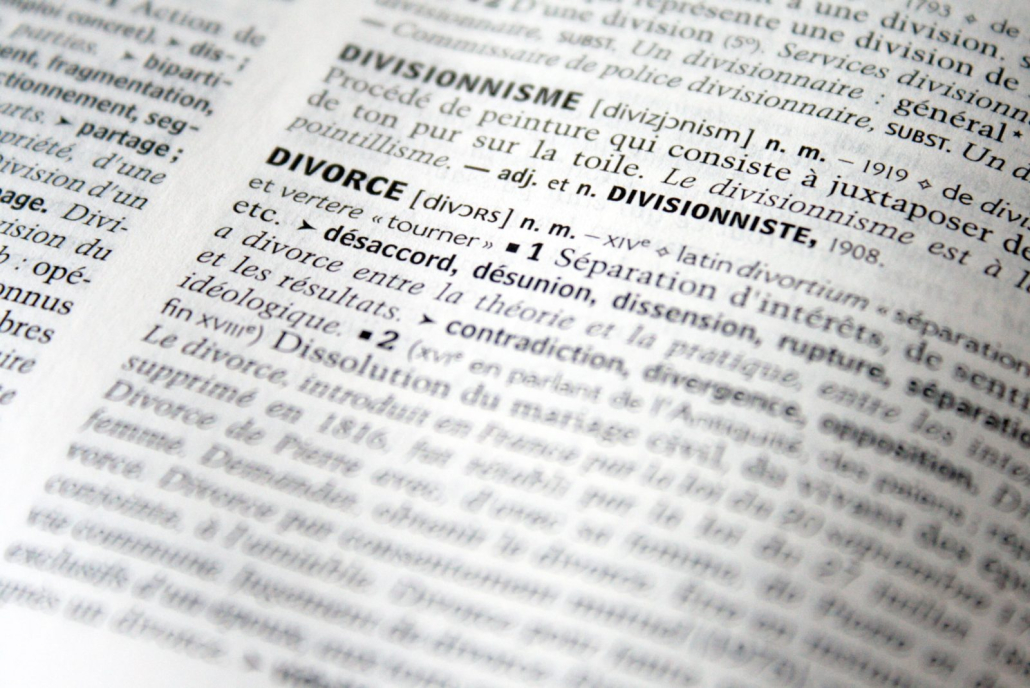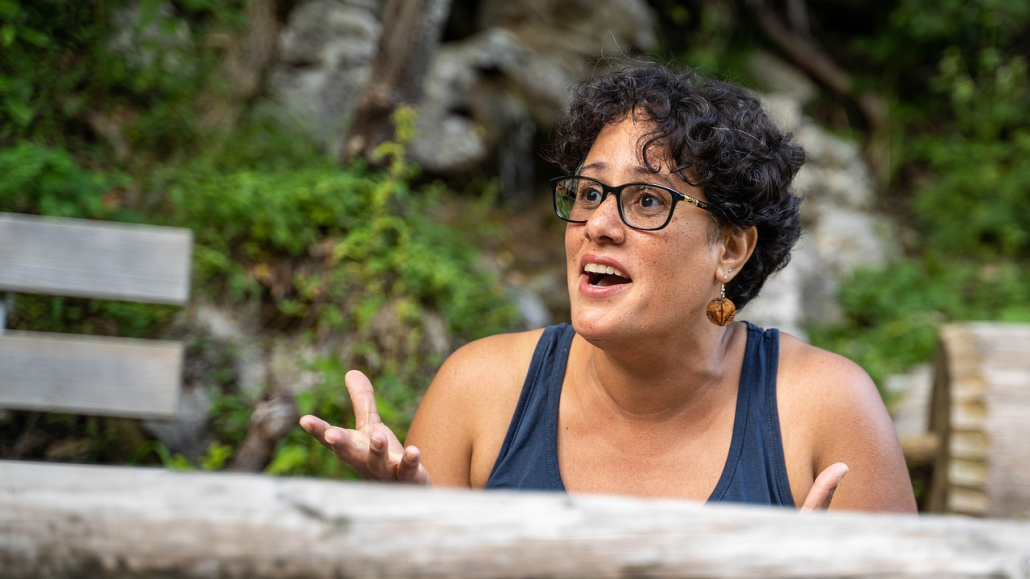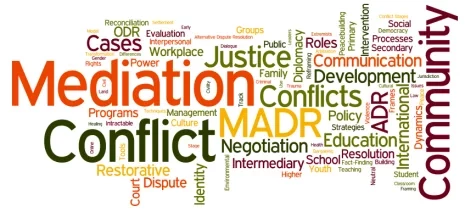Why is my small claims case scheduled for mediation?
Small claims mediation is a way for people to resolve a minor legal matter with the help of a neutral third party instead of taking their dispute to court. While you might be wondering why your small claims course is scheduled for mediation instead of being heard before a judge, there are a variety of reasons and benefits that can provide a satisfactory solution for all parties involved.

What is small claims mediation?
In the state of Michigan, the maximum you can collect through a judgment in the small claims division of the district court is $7,000. But as small claims courts continue to see a rapid increase in cases, many have instituted policies encouraging and sometimes ordering mediation to assist in the resolution of civil cases before being tried in the courts. Currently, Grand Traverse, Antrim, and Leelanau counties order all small claims cases to Conflict Resolution Services (CRS) for mediation prior to scheduling a hearing before a judge.
While mediation is less formal than a court trial, there is still a distinct process led by a highly-skilled CRS volunteer mediator. They use their State-approved training to guide the conversation, and both sides are encouraged to hear each other out and brainstorm creative solutions.
What are the benefits of mediation for small claims cases?
The mediation process is a faster and more affordable option, as mediation settles matters within an average of 45 days, compared to 18 months for those that go through the courts.
More than 90% of all small claims are now completed without a court hearing, and more than 75% of the mediated small claims cases reach agreement.
Small claims mediation is beneficial when your dispute is with someone you want to keep good relations with, like a friend, neighbor, or customer. The mediator doesn’t act as a judge deciding who is right or wrong, but instead helps everyone draft a mutually-agreed-upon resolution in a process that’s completely confidential. Whereas one person must lose in the courts, mediation allows both parties involved to walk away with a win.
The process for small claims cases scheduled for mediation
This is the process for 85th District Court, which consists of Antrim, Grand Traverse, and Leelanau Counties. It only applies to small claims cases filed in one of these counties, but every small claims case filed in these counties follows this process.
1. The case is filed with the court clerk.
2. The clerk adds the case to the CRS mediation docket.
3. The defendant is served with the paperwork.
4. Five to ten days prior to the mediation date, CRS receives the docket, summons, and complaint for each case.
5. CRS sends the agreement to mediate to each party that we have an email address for. If we don’t have an email address, we attempt to contact via phone to obtain an email address. If we don’t have the email address after a couple of days, a printed copy of the agreement to mediate is sent to the party via U.S. mail.
6. At date/time specified, the small claims mediation session is held via Zoom.
Important facts about small claims mediation
There are certain stipulations that are specific about small claims mediation that are important for all parties to be familiar with:
- Every case ordered to mediation must be mediated before it goes before a judge.
- If all parties participate in mediation but are unable to reach agreement, the case is then scheduled for a hearing before a judge.
- If parties reach agreement during mediation, an agreement is drafted and electronically signed by the parties before mediation is concluded. The court requests that the plaintiff in the case use the terms of the agreement to complete a form DC85 and send it to the defendant for signature. Signing and sending this document will be included in the mediation agreement.
- If the plaintiff does not appear for and participate in mediation, typically the judge will dismiss the case.
- If the defendant does not appear for and participate in mediation, typically the judge will enter a default judgment in favor of the plaintiff.
- There is no cost for participants to mediate a small claims case referred by the 86th district court.
Turn to Conflict Resolution Services
Whether your dispute is with a neighbor or former employee, our goal is to provide you with high-quality professional small claims mediation services. Our trained mediators work with both parties to foster calm, focused conversations that get to the core of the issue and keep you out of the courts. Using a variety of techniques and tactics tailored for your situation, we help find common ground and build a foundation for continued communication.
Contact Conflict Resolution Services at 231-941-5835 or casemanager@crsmediationtc.org.





 Conflict Resolution Services (CRS) now offers local mediation services to resolve disputes related to behavioral health services provided by Community Mental Health Services Programs (CMHSP) and their contract providers. CRS has been subcontracted for services by Oakland Mediation Center who is the fiduciary of the grant.
Conflict Resolution Services (CRS) now offers local mediation services to resolve disputes related to behavioral health services provided by Community Mental Health Services Programs (CMHSP) and their contract providers. CRS has been subcontracted for services by Oakland Mediation Center who is the fiduciary of the grant.